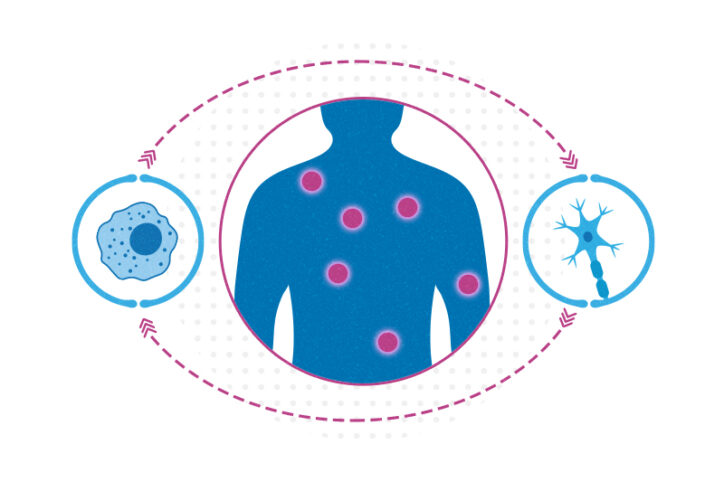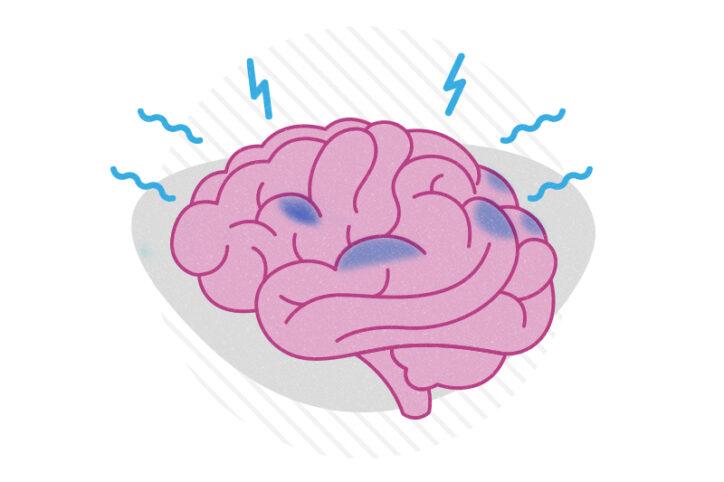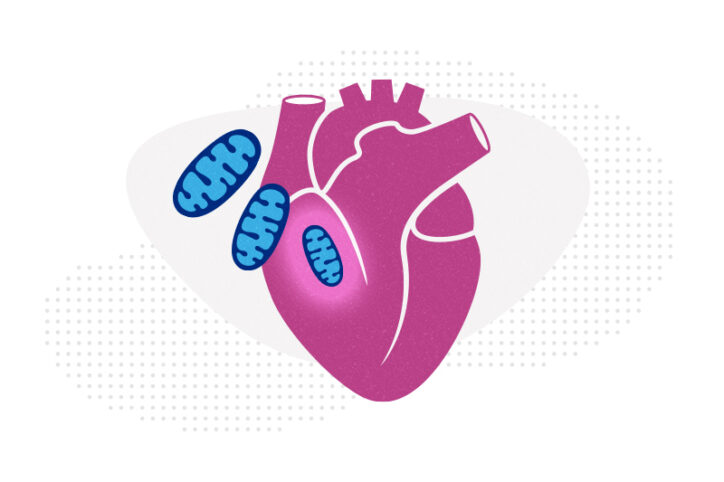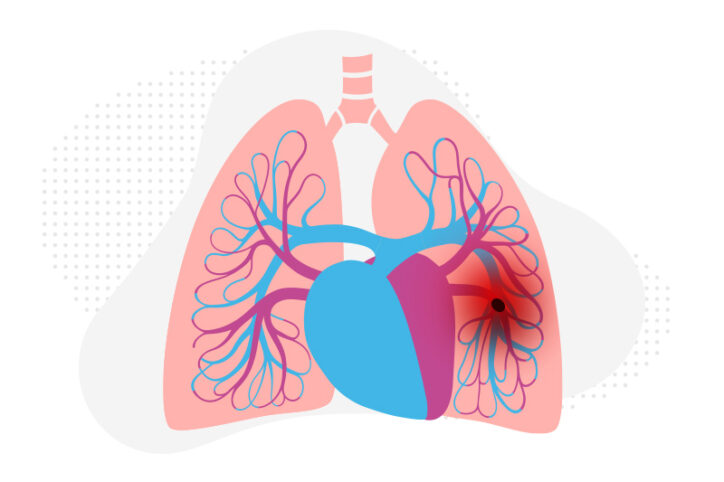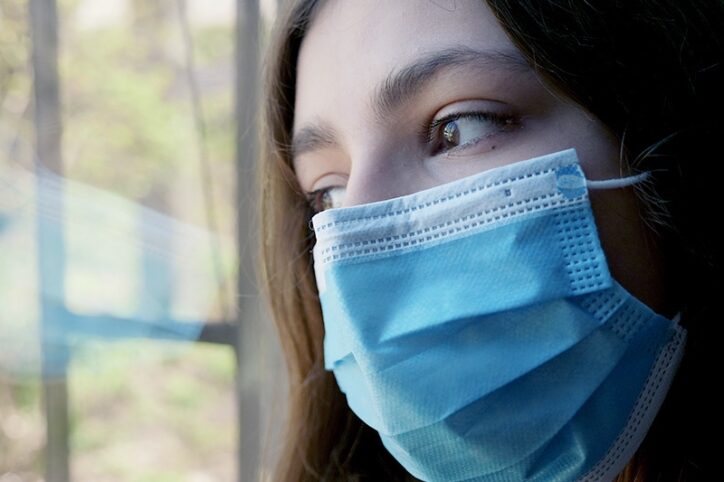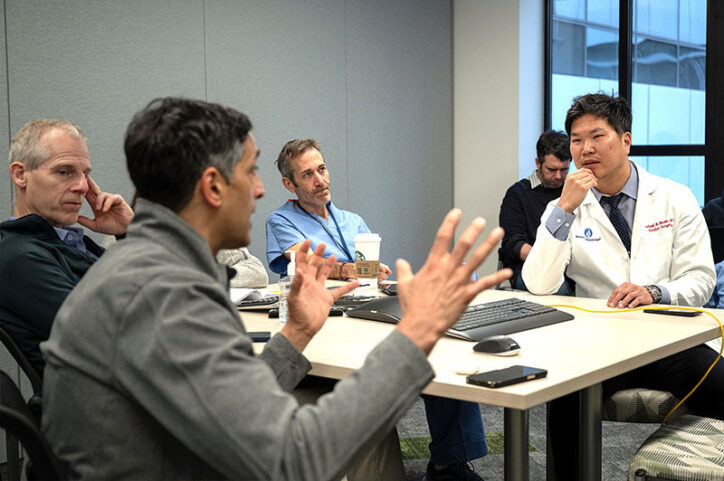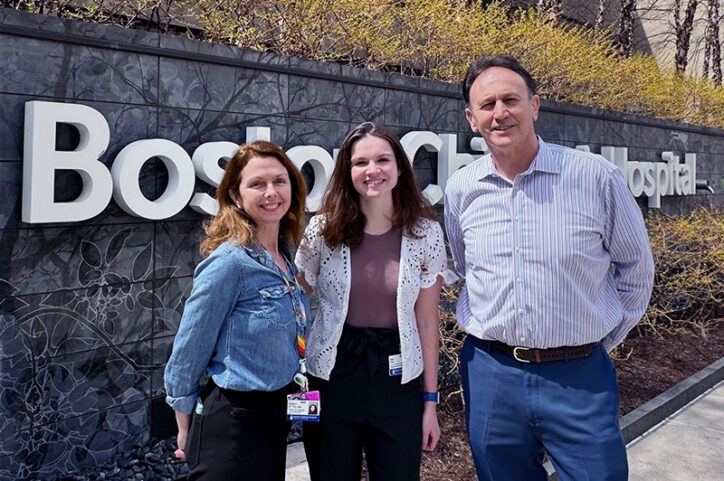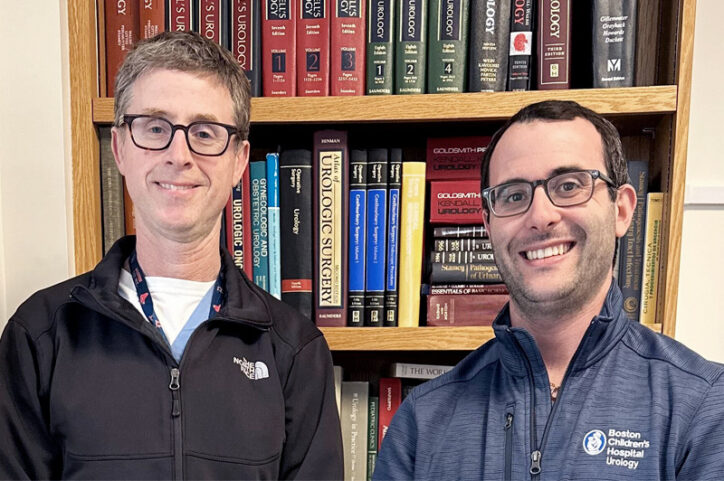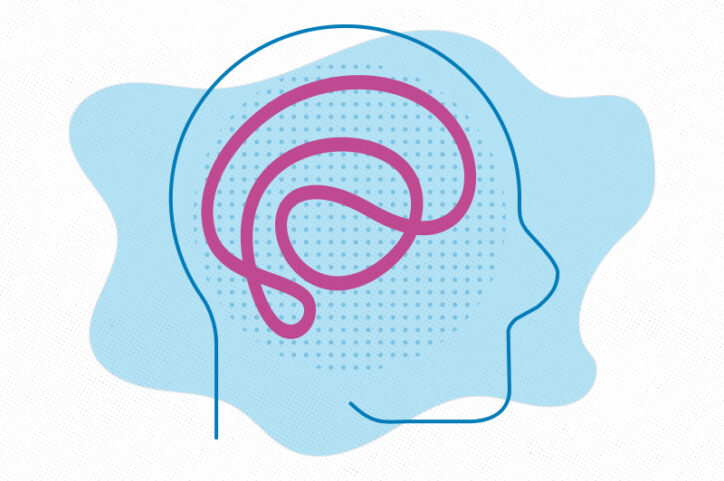A deeper understanding of inflammatory pain could reveal new solutions
Non-steroidal anti-inflammatory drugs (NSAIDs) such as ibuprofen are the main go-to for inflammatory pain caused by wounds, infection, sunburn, arthritis, and other triggers. NSAIDs work pretty well, but chronic use can cause side effects, and they aren’t equally effective for all sources of pain. Could we identify a more effective, safer analgesic that doesn’t involve ... Read More about A deeper understanding of inflammatory pain could reveal new solutions
Can we prevent seizures in Sturge-Weber syndrome?
Port wine stains — capillary malformations on the skin — are the most visible manifestation of Sturge-Weber syndrome. However, up to 60 percent of babies with birthmarks in high-risk locations (forehead and upper eyelid) also have capillary malformations in their brain. Of these, 75 to 90 percent will experience a seizure before the age of 2, ... Read More about Can we prevent seizures in Sturge-Weber syndrome?
Mitochondrial transfer restores heart muscle — but how?
Transferring mitochondria from a patient’s healthy skeletal muscle to damaged, ischemic heart tissue has been shown to restore heart muscle, increase energy production, and improve ventricular function. After pioneering preclinical work by James McCully, PhD, at Boston Children’s Hospital about a decade ago, cardiac surgeons led by Sitaram Emani, MD, have been testing it as ... Read More about Mitochondrial transfer restores heart muscle — but how?
Study suggests hypoxia overexpression causes pericytes to contribute to pulmonary hypertension
Pericytes, the multifunctional cells that work within the walls of capillaries, have been a subject of focus in the study of vascular development, cerebral blood flow, cancer, and neurodevelopment diseases. But pericytes hadn’t been truly studied for their potential role in pulmonary arterial hypertension (PAH) until they landed under the microscopes of Boston Children’s researchers. They recently ... Read More about Study suggests hypoxia overexpression causes pericytes to contribute to pulmonary hypertension
Brain wiring predicted adolescents’ emotional health during COVID
The COVID-19 pandemic was emotionally devastating for many adolescents, disrupting their schooling and social/emotional development. Drawing on national data, a large study finds that how adolescents’ brains were wired — before COVID-19 — predicted their stress, negative emotions, and overall mental health during the height of the pandemic, making them more vulnerable or more resilient. ... Read More about Brain wiring predicted adolescents’ emotional health during COVID
Constant improvements make the Ross procedure a safe aortic valve replacement option
Cardiac surgeons understand that innovation isn’t always about invention. Improving something can be just as transformative. So it shouldn’t come as a surprise that Boston Children’s cardiac surgery team is seeing lasting positive outcomes in patients after making adjustments over the years to the Ross procedure, a last-option treatment for aortic valve disease that hasn’t always been accepted by ... Read More about Constant improvements make the Ross procedure a safe aortic valve replacement option
First-of-its-kind clinical trial aims to improve outcomes in pediatric transplant patients
For the last 20 years, pediatric kidney transplant patients have been treated with the same immunosuppressive medication combinations and have been monitored using the same tests, without many new treatment options. Unfortunately, unlike their adult counterparts, pediatric transplant recipients have not been included in clinical trials to test newer and promising combinations of medications that ... Read More about First-of-its-kind clinical trial aims to improve outcomes in pediatric transplant patients
Simulation-based training program improves evaluation of undescended testicles
Could a lifelike manikin torso help improve pediatricians’ understanding of undescended testicles? That’s the hope of Eric Bortnick, MD, a fellow in Boston Children’s Department of Urology whose new simulation- and video-based educational tool aims to improve the diagnosis and management of this condition. Also known as cryptorchidism, undescended testicles are common congenital anomalies in ... Read More about Simulation-based training program improves evaluation of undescended testicles
Optimal care, lower costs: Examining the benefits of out-of-network care for pediatric moyamoya
Moyamoya disease is a rare condition that affects the blood vessels in the brain, especially in children. Narrowing and blockage of vessels significantly increases the risk of stroke and requires surgical revascularization for treatment. Although research shows that outcomes of revascularization are better at high-volume centers, insurers often hesitate to approve out-of-network care. However, a ... Read More about Optimal care, lower costs: Examining the benefits of out-of-network care for pediatric moyamoya
Mending injured hearts: Lessons from newborns?
When the heart is injured, as in a myocardial infarction, the damaged heart muscle cannot regenerate — instead, scar tissue forms. Cardiomyocytes, the heart muscle cells that generate contractile force, are lost for good. Yet, in mouse models, the hearts of newborns regenerate readily after injury. How are newborn hearts able to recover? What are ... Read More about Mending injured hearts: Lessons from newborns?


